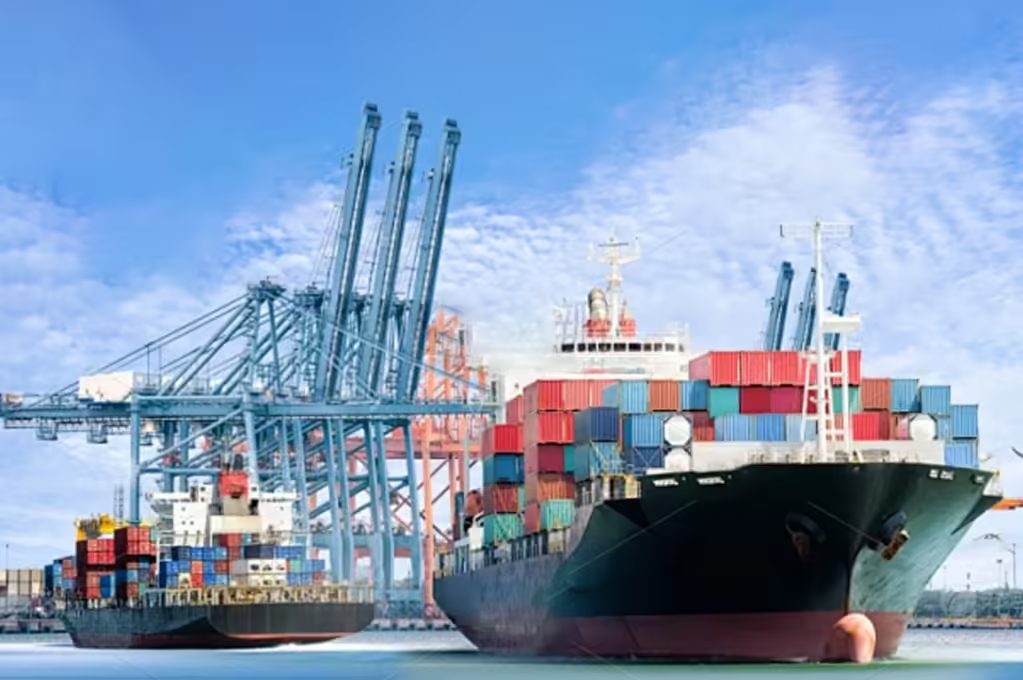International Logistics Services:A Comprehensive Guide
What is International Logistics Service?
In an increasingly interconnected world, the movement of goods across borders has become a cornerstone of global trade and commerce. International logistics service, a critical component of supply chain management, refers to the coordination and transportation of goods from one country to another. This article aims to introduce what international logistics logistics is, including its composition, importance, etc
Components of International Logistics Service
The components of international logistics service can be broadly categorized into three main areas: transportation, warehousing, and customs clearance. Each element plays a vital role in ensuring that goods reach their destination on time, intact, and in compliance with all relevant laws and regulations.
- Transportation: This involves selecting the most appropriate mode or combination of modes (air, sea, road, rail) based on factors such as cost, speed, and the nature of the cargo.
- Warehousing: Facilities for storing goods temporarily before they are shipped or after they arrive at the destination country, providing a buffer against supply chain disruptions.
- พิธีการศุลกากร: Ensuring that all necessary paperwork is completed accurately to facilitate the passage of goods through customs checkpoints without delays.

Process Overview
The process of international logistics service begins with order processing and ends with delivery to the final customer. Key steps include:
- Order Processing: Receiving orders, preparing documentation, and arranging for shipment.
- Export Preparation: Packaging, labeling, and securing the cargo according to international standards.
- Shipment Execution: Coordinating the actual transport of goods via chosen channels.
- Import Clearance: Dealing with customs procedures at the destination port.
- Final Delivery: Transporting goods from the port to the end-user

Channels of Transportation
Different modes of transportation offer unique advantages and are selected based on specific requirements:
- การขนส่งทางอากาศ: Offers the fastest transit times but comes at a higher cost, ideal for high-value or perishable items.
- การขนส่งทางทะเล: Provides the most economical option for large volumes of goods, though it takes longer than air freight.
- Road and Rail: Useful for landlocked countries or when direct border-to-border service is required, offering flexibility and cost-effectiveness over shorter distances.
Importance of International Logistics Service
Economic Impact
International logistics services play a crucial role in the global economy, enabling companies from various countries to reach and develop new markets and resources that would otherwise be inaccessible, thereby significantly fostering the prosperous development of international trade. With the help of an efficient logistics system, businesses can effectively reduce operational costs and enhance their international competitiveness while improving their operational efficiency. These positive impacts directly support economic growth worldwide and promote closer trade interactions and cooperation among countries, laying a solid foundation for economic globalization.
Environmental Considerations
With growing attention to sustainable development, international logistics providers are not only optimizing transportation routes to reduce carbon emissions, but also actively adopting green energy and eco-friendly measures such as packaging recycling. They are committed to building a low-carbon logistics chain and driving the industry towards more environmentally friendly practices.
Technological Advancements
Rapid advancements in science and technology have revolutionized the international logistics sector. The application of cutting-edge technologies such as real-time cargo tracking systems, automated inventory management, and predictive analytics has significantly enhanced the transparency, controllability, and flexibility of the supply chain. As a result, businesses can monitor goods more accurately, adjust inventory levels promptly, and react swiftly to market changes and unexpected disruptions, ensuring improvements in both operational efficiency and customer satisfaction.
International logistics services play a crucial role in the seamless operation of global trade. By understanding its components, processes, and the importance of choosing the right channels, businesses can optimize their operations, minimize costs, and maximize customer satisfaction in an ever-evolving marketplace.

